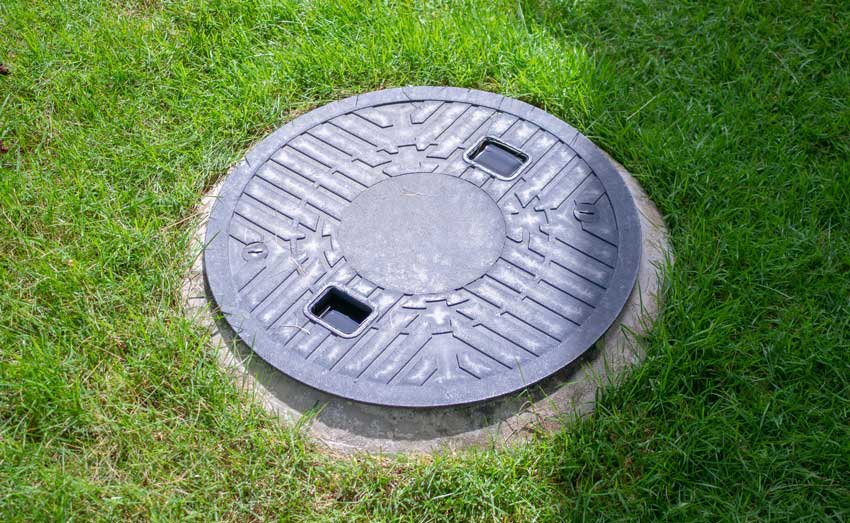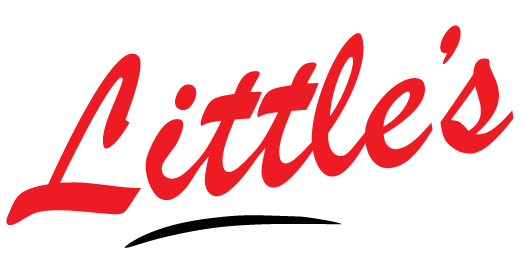
The summer months can place added strain on your septic system, often in ways that homeowners don’t initially expect. Increased usage, warmer temperatures, and changing environmental conditions can all contribute to additional stress on the system, potentially leading to problems if not properly managed.
Water usage
One of the most common sources of summer strain is higher water usage. Families tend to use more water during the warmer months due to activities like watering gardens, washing cars, filling pools, doing extra laundry, and taking more frequent showers—especially after outdoor recreation or yardwork. If you have guests visiting or children home from school, the household’s overall water consumption can rise significantly. Septic systems are designed to handle a certain volume of wastewater daily, and overloading it can hinder the separation and treatment process, potentially allowing solids to enter the drain field.
Increased wastewater flow not only taxes the tank but can also oversaturate the drain field. When a drain field becomes too wet, it loses its ability to absorb and filter effluent effectively. This can lead to pooling, backups, or even system failure in extreme cases. Combined with dry or compacted soil, common in hot summer months, drainage becomes even more difficult, putting the system at further risk.
Hot temperatures
Hot weather also accelerates the biological processes within the septic tank. While bacteria are essential for breaking down waste, elevated temperatures can cause these processes to speed up, leading to an increase in gas production. This can create stronger odors that are more noticeable around your property. If the venting system is inadequate or blocked, these gases may not be properly released, creating unpleasant and potentially hazardous conditions.
Summer weather
Summer storms and heavy rain can add another layer of strain. If the drain field is flooded by rainwater, it may struggle to handle both stormwater and septic effluent. This dual overload can cause backups or sluggish drainage.
To reduce summer-related septic stress, homeowners should be mindful of water use, stagger activities that use large amounts of water, and avoid directing rainwater runoff toward the drain field. Routine maintenance, such as pumping and inspections, is also critical to ensuring your system can handle the seasonal demands.
By understanding the unique challenges that summer brings, you can take proactive steps to protect your septic system and keep it functioning efficiently year-round.

